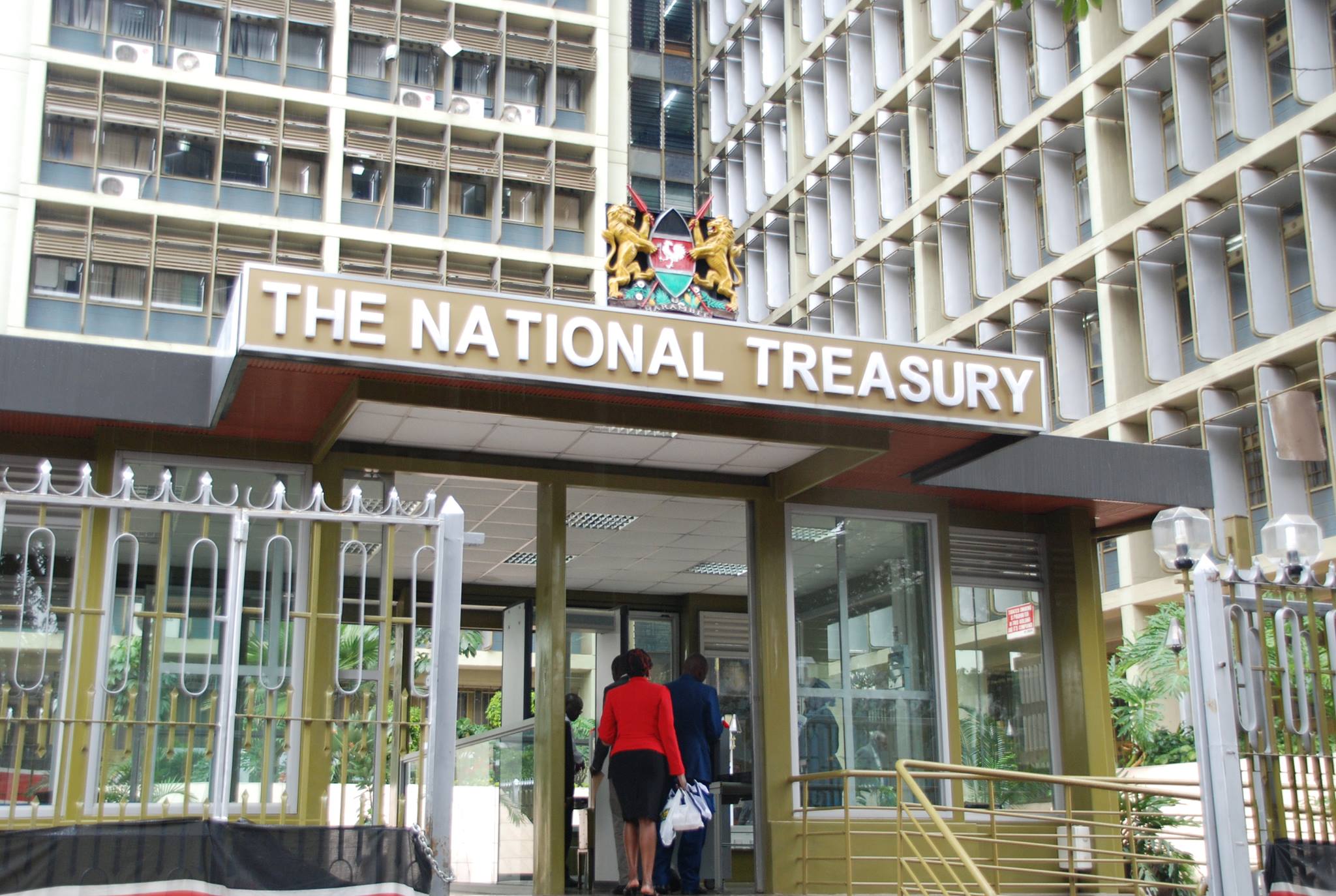

The Pensions Department at the National Treasury placed a notice in local dailies in December asking pensioners and their beneficiaries to register without fail.
As the registration deadline of February 28 fast approaches, the Star sought to understand the significance of this process, considering numerous complaints by members of the public regarding access to their much-deserved money after retirement.
Director of Pensions Alfred Kagika said the registration of pensioners is one of the key steps in the ongoing modernisation of public service pension administration.
As part of the National Treasury’s commitment to innovation and excellence, the Pensioner Self-Registration Portal, now accessible on e-Citizen, will enhance efficiency and accessibility.
Kagika said the initiative aligns with global best practices, where pension systems are increasingly leveraging digital solutions to improve service delivery.
“Many countries are adopting self-registration, biometric verification and integrated pension management systems to enhance efficiency. Kenya is proud to be at the forefront of this digital transformation.’’
By enrolling in the e-Pensions Management Information System (e-PMIS), pensioners will benefit from seamless access to services.
They can update their records from anywhere, eliminating the need for physical visits and long queues.
The Pensions Department believes greater accuracy and security will ensure real-time updates, reducing errors while strengthening security through biometric verification, hence timely processing and disbursement of benefits.
“The Department of Pensions is proud to spearhead this forward-looking initiative, reaffirming its commitment to delivering exemplary pension services that uphold the dignity and well-being of our retirees.”
Kagika said registration is not only aimed at updating pensioner records but also at laying the groundwork for a seamless transition to the e-PMIS, which will integrate with the other government databases to provide a fully automated pension administration system.
“This marks a new era in pension administration—one that embraces technology to offer a faster, more transparent, and pensioner-friendly experience.”
He also addressed concerns about ghost pensioners, saying that data integrity is a well-recognised risk in pensions and insurance sectors worldwide.
The sheer volume of pension transactions, coupled with legacy data systems, has historically presented challenges not just in Kenya but also in many jurisdictions.
However, he said the National Treasury and the Pensions Department have been proactive in implementing measures to mitigate these risks and modernise pension administration.
The government is counting on e-PMIS, which includes the Pensioner Self-Registration Portal recently launched on the e-Citizen platform as part of a broader strategy to cleanse, update, and secure the pension payroll through direct engagement with pensioners.
“To this end, we have embarked on a comprehensive digital transformation anchored on the e-Pensions Management Information System. This system, currently under development, will leverage cutting-edge technology,” Kagika said.
This includes biometric verification and proof of life, ensuring that pension payments are directed only to eligible recipients, eliminating the risk of ghost pensioners.
“These reforms reflect global trends where governments are embracing technology-driven pension administration to enhance efficiency, eliminate fraud, and provide pensioners with seamless services.”
As of January 31, the system had 353,586 pensioners comprised of 268,236 principal pensioners and 85,350 dependents.
Kagika’s department administers defined benefit schemes for various categories of public servants, ensuring retirement benefits are processed and paid via established legal and financial procedures.
Pension benefits for retired public servants do not fall under unclaimed financial assets.
“The National Treasury budgets for and disburses pension payments annually from the Consolidated Fund Services. A pension claim only becomes due upon formal lodgment by a retiree or, in the case of a deceased officer, by their beneficiaries.”
Since pension funds are only released upon processing a valid claim, Kagika explained that any pending cases remain within the CFS and do not require remittance to the Unclaimed Financial Assets Authority.
He refuted claims that pension disbursements are always delayed, saying that in an ideal scenario, once a complete and accurate pension claim is lodged, processing should be concluded within 90 days.
“Delays can sometimes occur due to factors beyond the department’s control. The most common cause is the late submission of pension claims by employers after an officer retires. Additionally, incomplete claims—where required supporting documents are missing - also contribute to extended processing times, as the department can only finalise payments once all necessary information is provided.’’
To address this, his department continuously engages employers to ensure early and complete submission of pension claims before an officer’s retirement date.
On the government’s decision to increase the retirement age in Kenya from 55 Years to 60 years in 2009, Kagika said this was informed by various socio-economic and actuarial considerations aimed at ensuring the sustainability of pension liabilities while optimising the experience and productivity of public servants.
One of the key rationales for the increase was to align with global best practices, where many countries have progressively adjusted retirement ages in response to increased life expectancy and changing workforce demographics.
“Extending the
retirement age allowed the government to retain experienced personnel longer,
reducing immediate pension liabilities while ensuring seamless knowledge
transfer and capacity building within the public service. This also harmonised the
mandatory retirement age in Kenya with the other partner states forming the
East African Community.”


